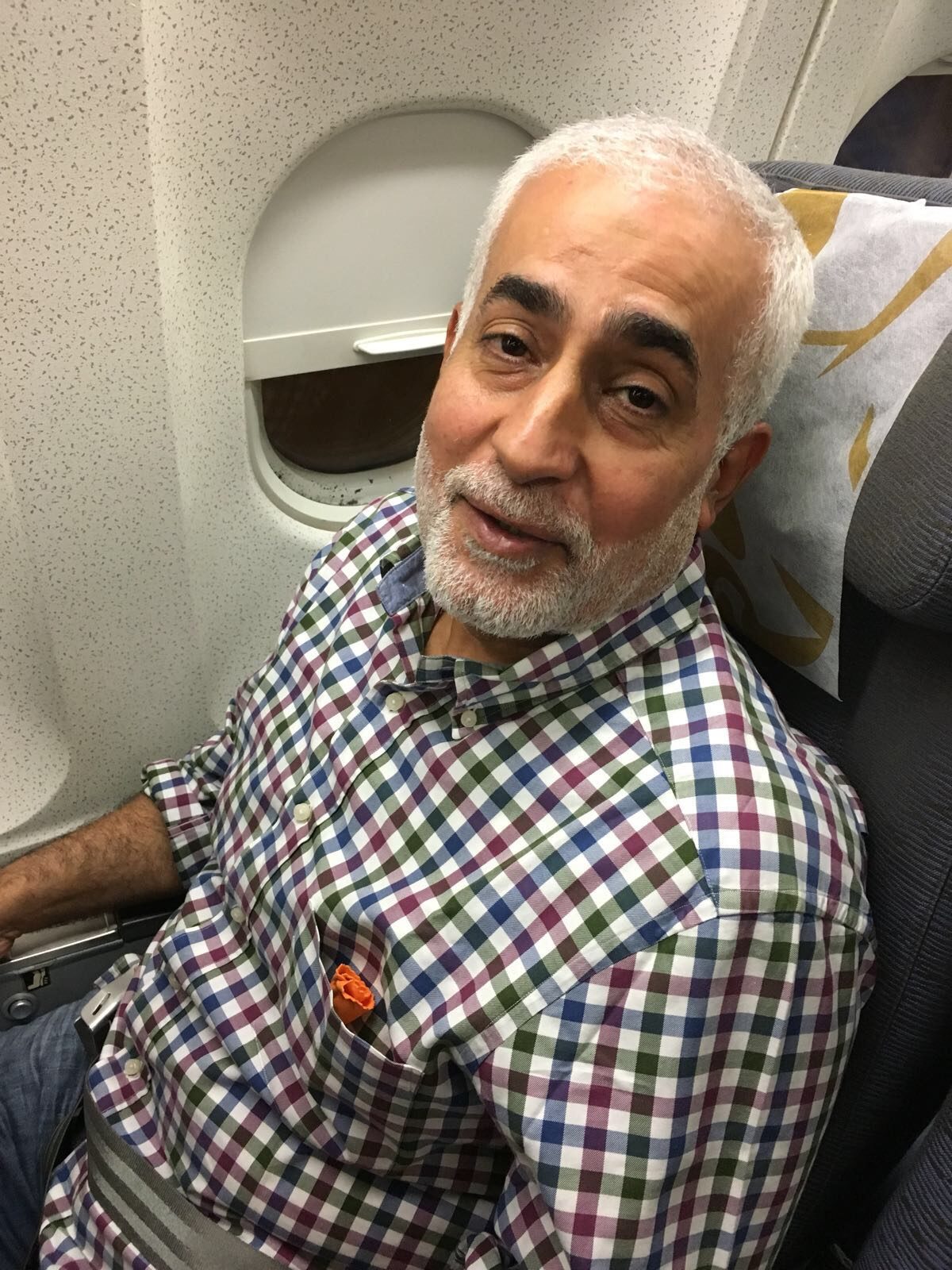Americans for Democracy & Human Rights in Bahrain (ADHRB) today received reports that the Bahraini government has deported Ebrahim Karimi to Iraq following a 2012 administrative order that arbitrarily revoked his citizenship. The authorities arrested Karimi after raiding his home in September 2015 without a warrant. They took him to the Criminal Investigation Directorate (CID) of the Ministry of Interior (MOI), where officials subjected him to torture, threats, and interrogation. The Public Prosecution Office (PPO) charged Karimi with “inciting hatred against the regime, insulting the king and misuse of social media” in relation to posts made by a Twitter account the authorities accused him of running. He was ultimately sentenced to two years and one month in prison, which he just completed prior to his expulsion.
In May 2016, the United Nations (UN) Special Procedures released the 14th iteration of their joint communications report, with the Special Rapporteurs on Expression, Human Rights Defenders, and Torture explicitly citing Karimi’s case. The Special Procedures noted their concern that the Bahraini government targeted Karimi, among other activists, solely for exercising the “right to freedom of opinion and expression.” They also found that the authorities had taken “disproportionate measures that restrict freedom of opinion and expression online.”
Notably, Karimi was previously denaturalized and deported in the 1980s, with the government only reinstating his citizenship – temporarily – in 2002. He is now stateless.
The Government of Bahrain has markedly increased its use of arbitrary citizenship revocation since 2012, with nearly 500 persons stripped of their nationality in the last five years, including more than a hundred so far this year. Of these persons, the vast majority are members of the country’s Shia majority population, which experiences discrimination across most aspects of Bahraini society. Bahrain’s broad anti-terror and nationality legislation allow the authorities to strip individuals of their citizenship for exercising their basic rights and the Ministry of Interior is empowered to issue administrative denaturalization orders that are typically un-appealable. For example, Bahraini human rights lawyer Taimoor Karimi saw his citizenship revoked in 2012 for participating in demonstrations during the pro-democracy movement, and was deported to Iraq in 2016. Likewise, ADHRB’s Executive Director, Husain Abdulla, and Sayed Ahmed Alwadaei, Director of Advocacy at the Bahraini Institute for Rights and Democracy (BIRD), both saw their citizenship stripped in retaliation for their their international human rights work.
Bahrain’s authorities must adhere to their obligations under international law and cease all practices that cause statelessness. Particularly, the Government of Bahrain must immediately discontinue its use of arbitrary citizenship revocation in reprisal for human rights activism and the exercise of basic human rights like free expression. All those unfairly denaturalized and rendered stateless, like Ebrahim Karimi, must have their citizenship reinstated at once.





